Australian Olympic legend Grant Hackett has urged Mack Horton to continue ignoring arch-rival Sun Yang, as the swimming world waits to see if the controversial Chinese star will be allowed to compete at the Tokyo Games.
The re-trial in Sun's doping case will be heard before the Court of Arbitration for Sport (CAS) over three days next week.
He was originally banned for eight years for violating anti-doping rules, but that suspension was overturned on appeal last year, with the chairman of the panel found to have showed anti-Chinese bias in a series of social media posts.
Horton called Sun a "drug cheat" in 2016 and refused to stand alongside the Chinese swimmer on the podium at the 2019 world championships.
Asked last week for his thoughts on Sun's latest legal challenge, Horton wasn't buying into the drama.
"It bothers me when I keep getting asked about it," Horton said.
"I don't really think about it to be honest. We haven't qualified. There is so much focus on just trying to make the team, there is no mental capacity for all that peripheral stuff."
It's an approach that has earned the tick of approval from Hackett, who spoke to Wide World of Sports at an event to launch Amazon Prime's broadcast of the upcoming Australian Swimming Trials.
"I think it was the best response he could give," Hackett said.
"He's made it clear how he feels about Sun and the controversy that has surrounded him, it's now time for Mack to focus on himself and his own performance.
"Whatever situation Sun finds himself in, that's not for Mack to worry about. He's got to worry about himself.
"I agree with the response he gave last week, and I hope he continues with that and just focuses on winning back-to-back gold medals."
Horton is the defending Olympic champion in the 400m freestyle, after edging out Sun by just over a tenth of a second in Rio.
Sun, who won the gold in that event in London in 2012, claimed his fourth consecutive world title in 2019 when he pipped Horton to the gold medal.
In a controversial career, Sun was banned for three months in 2014 after testing positive to trimetazidine, which had only recently been added to the list of banned substances. Sun maintained he was unaware it had been outlawed.
The latest controversy is over an attempt to take a blood and urine sample from Sun in September 2018. Sun claims the officials lacked the proper accreditation and authorisation to take the samples.
"I don't know what the CAS will decide, to be honest," Hackett said.
"It feels like this has been so unpredictable, one minute he's going to Tokyo, then he's not, then you read one thing, then it's another thing.
"I don't know. I hate people who sit on the fence about things, but I simply don't know."
Regardless of how the case plays out, Hackett says he can't see how it won't impact Sun's performances.
"I don't know how someone can train under such a cloud to compete at that level, to be honest," he explained.
"If he does get the opportunity, I don't know how you come through the stress of the hearing, while training at the level you need to, day-in and day-out, to compete at an Olympics.
"The emotional stress of the exposure and the court case would be immense."
Sun missed China's Olympic trials earlier this month, but in a move Hackett said was "no surprise" the Chinese Swimming Federation announced any winner of a world title at the 2019 championships would automatically be added to the team, clearing the way for Sun to compete if he's cleared by the CAS.
"I'm sure they're keen to see him compete, he's been one of their big heroes, they'll do anything to support him and see him race," Hackett said.
Hackett explained the challenges Horton faces heading into Tokyo, given his very public stance against Sun over the years.
"I think it's harder when a rivalry becomes personal, although I have to admit I rarely felt like that," he said.
"I probably did in my early days against Kieren (Perkins), because he was more open in the papers, trying to get the mental edge over me.
"I always found that challenging and difficult, because it felt personal. But I just gave him the respect he deserved, because I was young and coming through and he was the icon of the sport.
"Maybe because I was younger and a little bit immature I found that more difficult."
While Perkins had the edge over Hackett early in his career, it was later that Hackett found himself up against an American who was able to get under his skin.
"I also found it a bit with a guy named Larsen Jenson, who finished second to me in Athens in 2004," the Australian said.
"Whilst it did inspire me to perform better and get more out of myself, it does create stress which I didn't need to compete well.
"For some people that rivalry works well, but I didn't need it."
Hackett, who won three Olympic gold medals, a feat only surpassed by four other Australians, found that with some of his greatest rivals the competition disappeared the moment they left the water.
"When I was racing the likes of Ian (Thorpe), (Michael) Phelps or (Pieter) van den Hoogenband, they were all great competitors, but we were also good friends outside the pool," Hackett explained.
"The rivalry was literally left in the water, and we had a real appreciation and healthy respect for each other.
"While I wanted to absolutely smash them in the pool, and I was highly, highly competitive, it was easy to have a personal relationship with them, because I knew and respected what they were going through and doing for the sport.
"For me, it would have been confusing if that rivalry came out of the water, because I just don't think it's necessary."
For a daily dose of the best of the breaking news and exclusive content from Wide World of Sports, subscribe to our newsletter by clicking here!
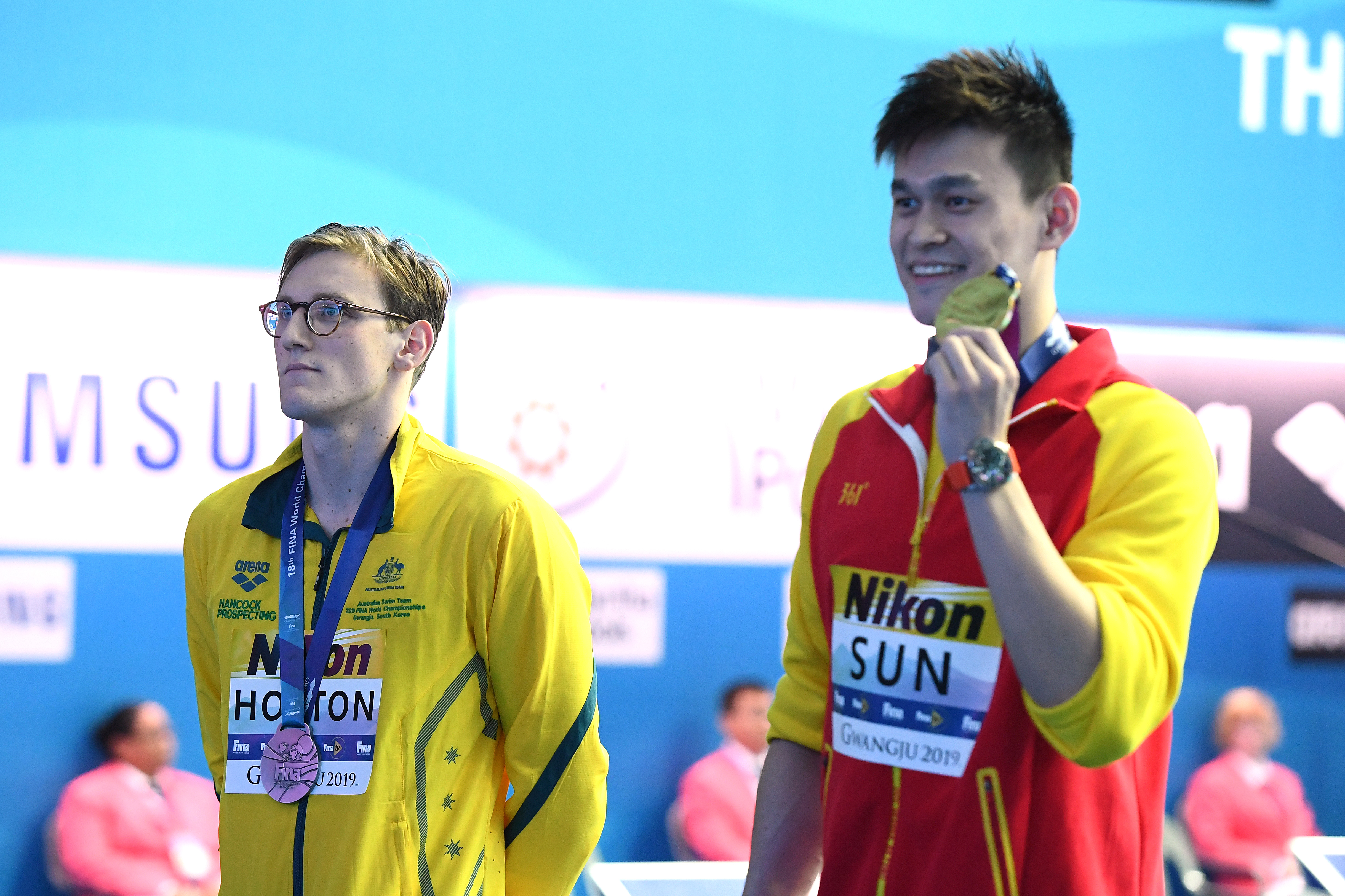
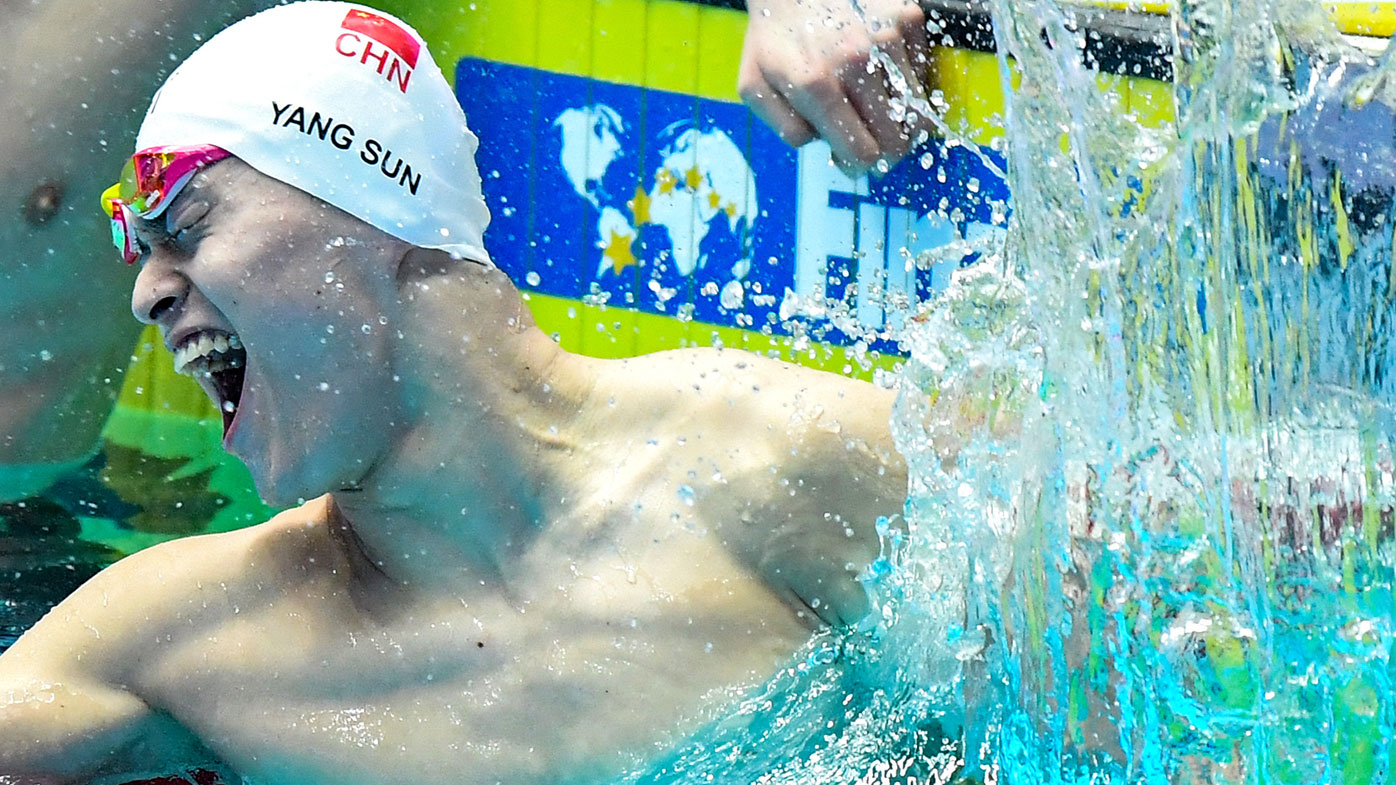
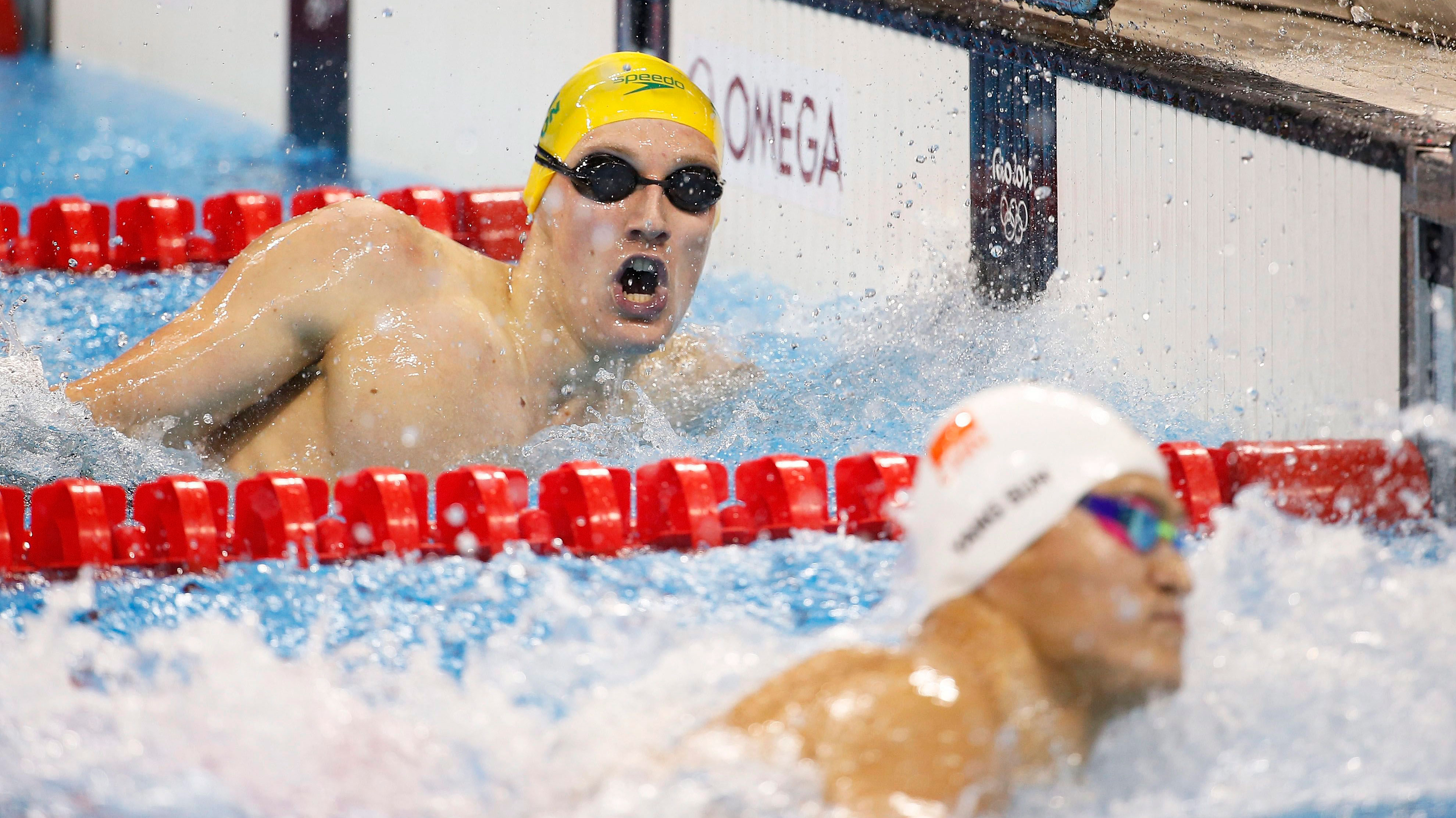
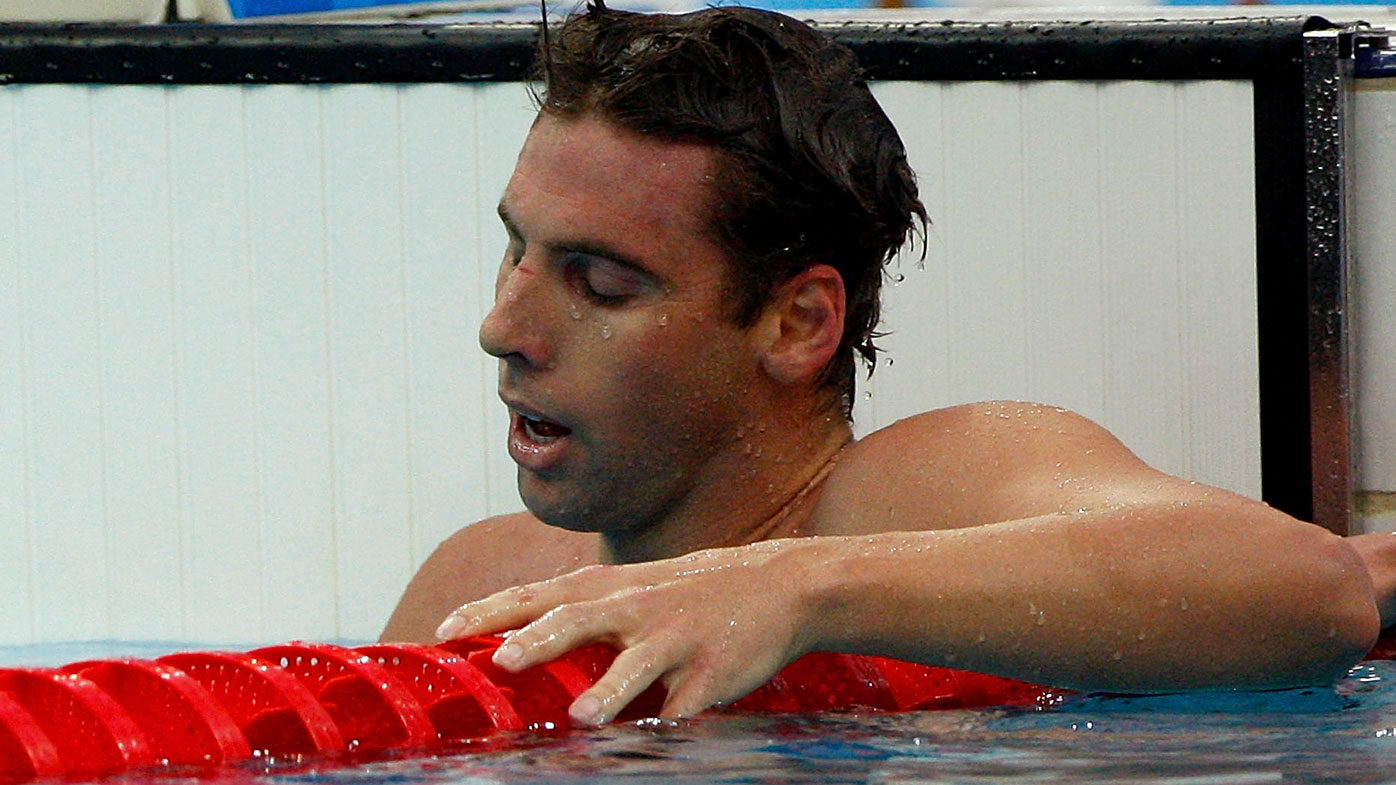
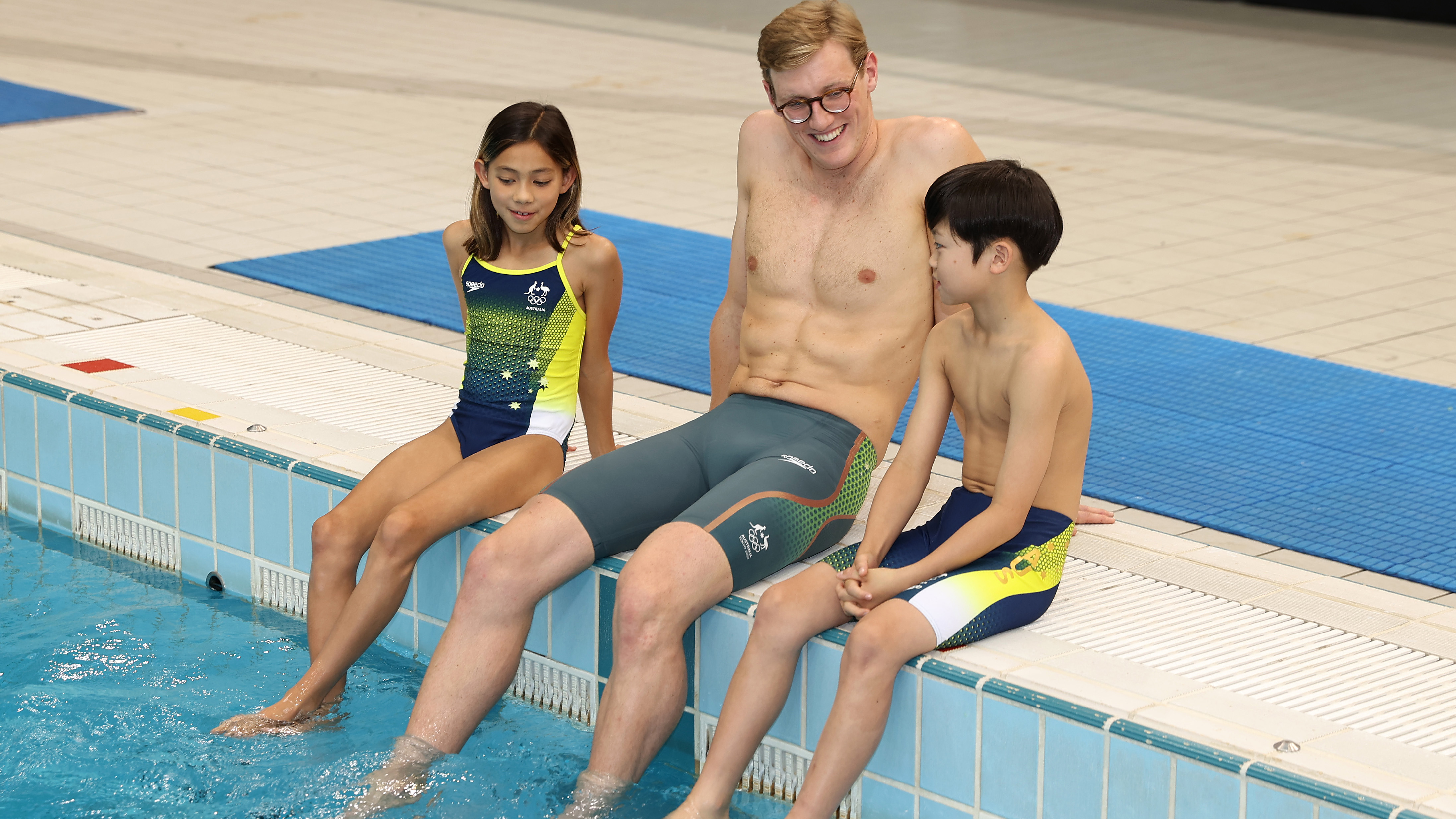
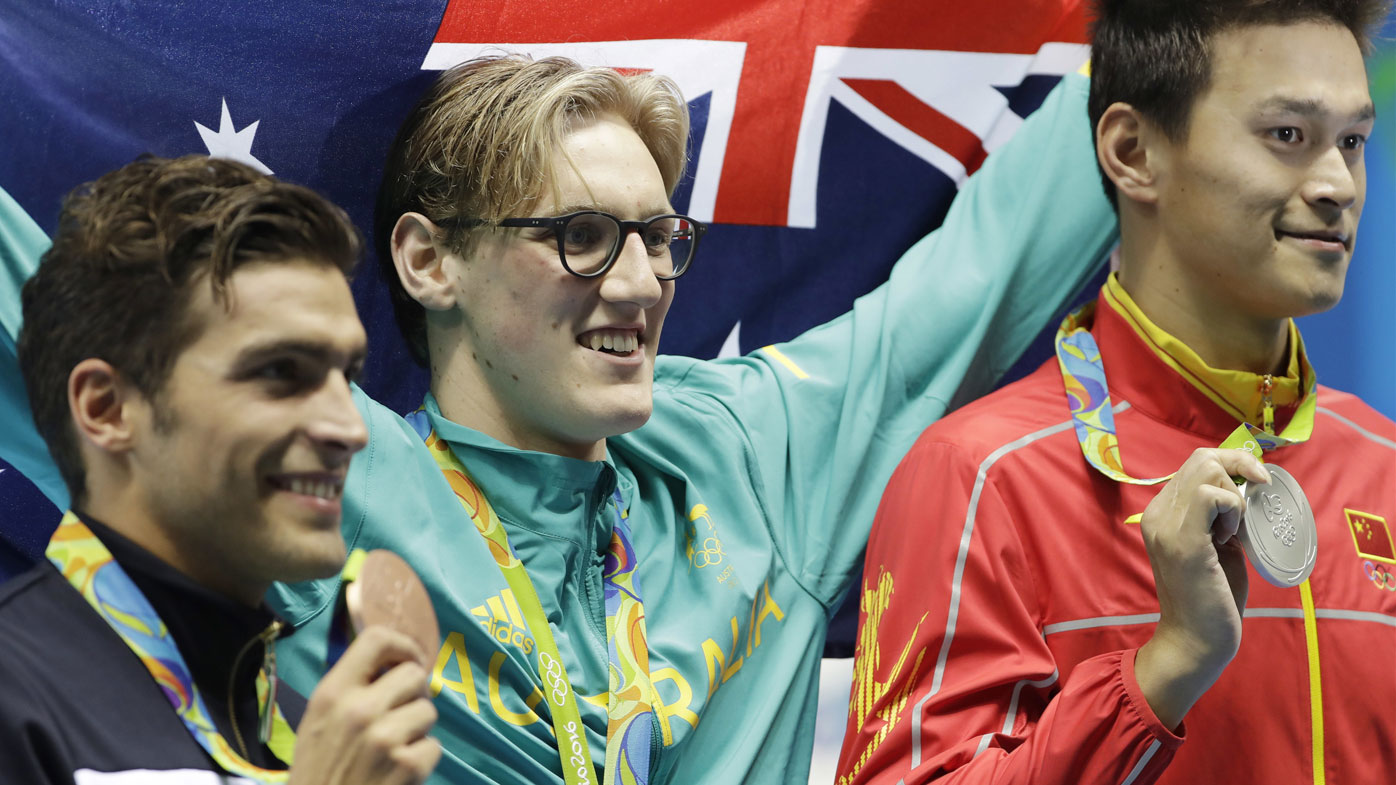
Leave a Reply
You must be logged in to post a comment.